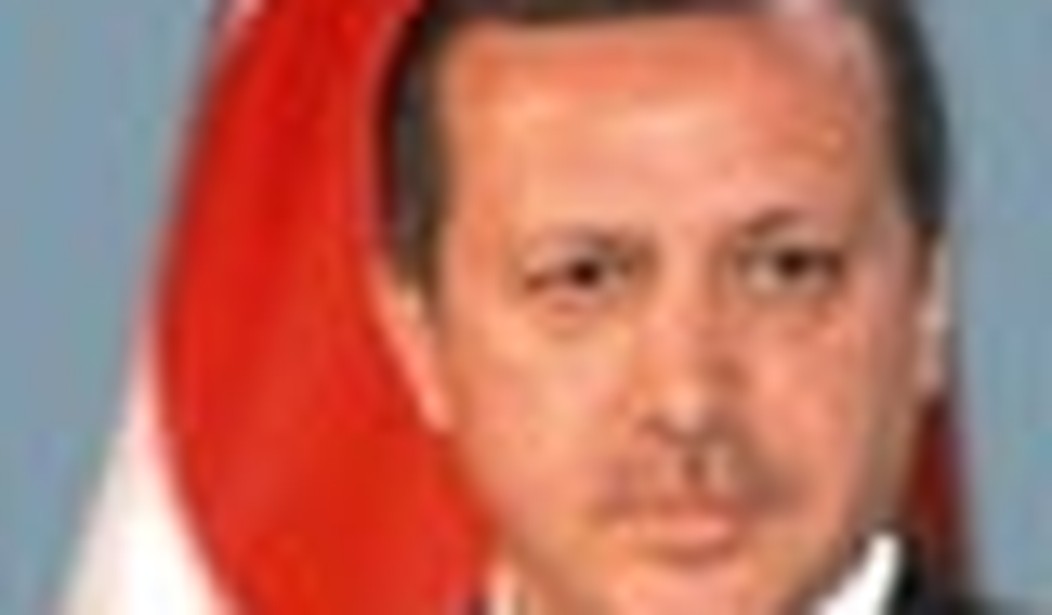Lebanon may be on the verge of a new explosion. The forthcoming indictment of the murderers of former Lebanese Prime Minister Rafik Hariri in 2005 will reportedly point fingers at senior Hezbollah leaders. What happens next, no one knows.
With Hezbollah stronger than the Lebanese army, and with Syria attempting to re-insert its many tentacles into Lebanon, the likelihood of the murderers being arrested is nil. The likelihood of a Lebanese eruption is great.
Last month, Israel released detailed intelligence on Hezbollah’s build-up in civilian areas in southern Lebanon. Armories, missile batteries, and headquarters were situated in the midst of homes, schools, and clinics. Tens of thousands of missiles, some with deadly accuracy, have flowed into Lebanon from Syria and Iran since the 2006 war and UNSC Resolution 1701, which banned such shipments.
Some of those shipments for Hezbollah were sent by sea, and Israel and Western countries have been successful in intercepting at sea hundreds of tons of missiles and artillery shells. Other shipments arrive overland or in flights to Syria via Turkey. Al Jazeera reports:
In May 2007, Turkish authorities seized weapons hidden on a Syria-bound train from Iran after Kurdish separatist fighters derailed it with a bomb.
According to one account, the weapons on the train included a rocket launch pad and 300 rockets.
One little-publicized case in 2006 involved an aircraft loaded with C-803 anti-ship missiles (one such Chinese-Iranian missile hit an Israeli navy ship, killing four sailors). According to USA Today:
A spy satellite photographed Iranian crews loading three missile launchers and eight crates, each normally used to carry a Chinese-designed C-802 Noor missile, aboard a transport plane at Mehrabad air base near Tehran. The Ilyushin Il-76 transport plane left for Damascus, but Iraqi air traffic controllers denied it permission to enter Iraq’s airspace. The Iranian flight crew then requested permission to fly over Turkey. Turkish controllers granted permission — but only if the plane would land for an inspection. The plane returned to Tehran, where the military cargo was unloaded.
Turkey’s role in blocking Iranian weapons destined to Israel’s enemies has been crucial. But this week, Israeli Defense Minister Ehud Barak told a closed meeting that the new head of Turkish intelligence is a “supporter of Iran.” Barak continued:
There are a lot of our secrets in Turkish hands. The thought that they could have been exposed to the Iranians is very troubling.
The Israeli-Turkish “secrets” were part of a very deep military relationship between the two countries that included Israeli upgrades to Turkish tanks and planes and the supply of Israel’s latest technologies, including long-range unmanned aircraft. When a severe earthquake hit Turkey in 1999, the Israeli army was asked to send its crack search and rescue unit to the devastated Gölcük Naval Base to try to rescue hundreds of Turkish officers and their families trapped under the rubble. The Israel Air Force conducted its exercises in the wide expanse of Turkish air space, something they couldn’t do in tiny Israel. Secrets of combat tactics, often on display in such exercises, are among an air force’s most closely held secrets.
Today, Israel conducts its exercises in other countries such as Romania, Greece, and other locations closer to Iran.
In September 2007, a secret nuclear reactor nearing completion in Deir ez-Zor in northeast Syria was destroyed in a mysterious bombing raid. The attack was attributed to the Israeli air force, although Israel never claimed credit for the attack. The planes flew through Turkish air space during parts of their mission, even dropping their fuel pods over Turkish territory. It can be assumed that Turkey’s military was aware of at least part of the mission, while Turkey’s political leaders were clearly in the dark. Israeli Prime Minister Ehud Olmert felt compelled to send a message to his Turkish counterpart Recep Erdogan:
In my conversation with the Turkish prime minister, I told him that if Israeli planes indeed penetrated Turkish airspace, then there was no intention thereby, either in advance or in any case, to — in any way — violate or undermine Turkish sovereignty, which we respect.
By 2010, and particularly after Israel intercepted the Turkish-led flotilla to Gaza, Turkish-Israeli relations were hitting new lows. On July 30, an Israeli aircraft, returning the six bodies of airmen killed in a training exercise in Romania, was forced to fly via Greece in order to avoid the now forbidden Turkish airspace.
The United Nations condemns Israel periodically for conducting surveillance flights over Lebanon. Considering that the UN and its 11,500 UNIFIL troops (including 370 Turks) have done absolutely nothing to stop the Hezbollah rearming, and they actually deny the buildup’s existence, the surveillance flights are essential. The UN’s slaps on Israel’s wrist are bizarre and hypocritical, to say the least. Presumably, Israel’s spy satellites are busy over Iran, and maybe over other countries between Iran and Lebanon. Israel needs those overflights.
Turkey and Iran announced on August 1, 2010, that they are coordinating counter-terrorism activity and intelligence to fight Kurdish terrorism plaguing both countries. Will that cooperation expand to Israel-Hezbollah issues, as well?









Join the conversation as a VIP Member